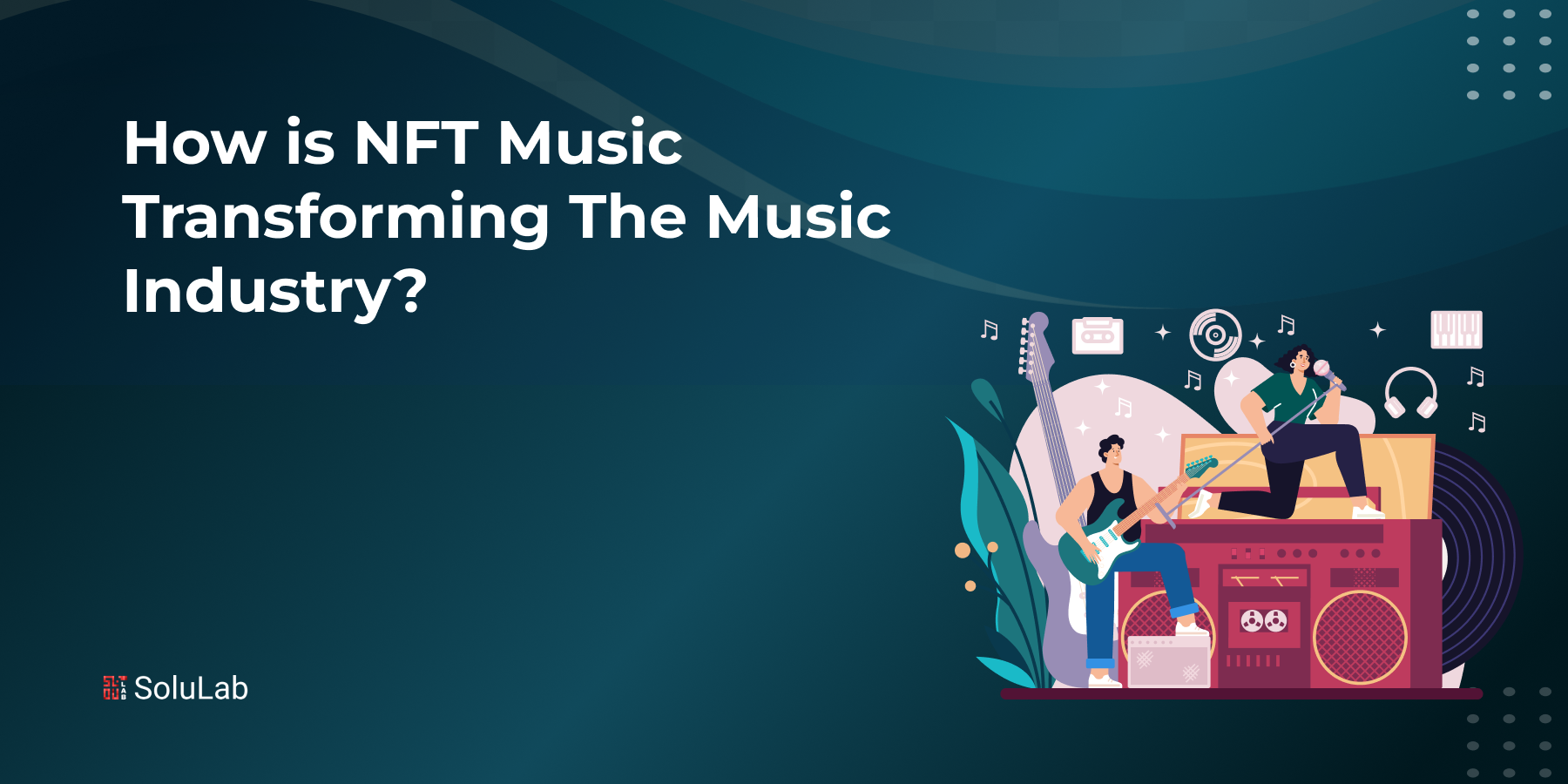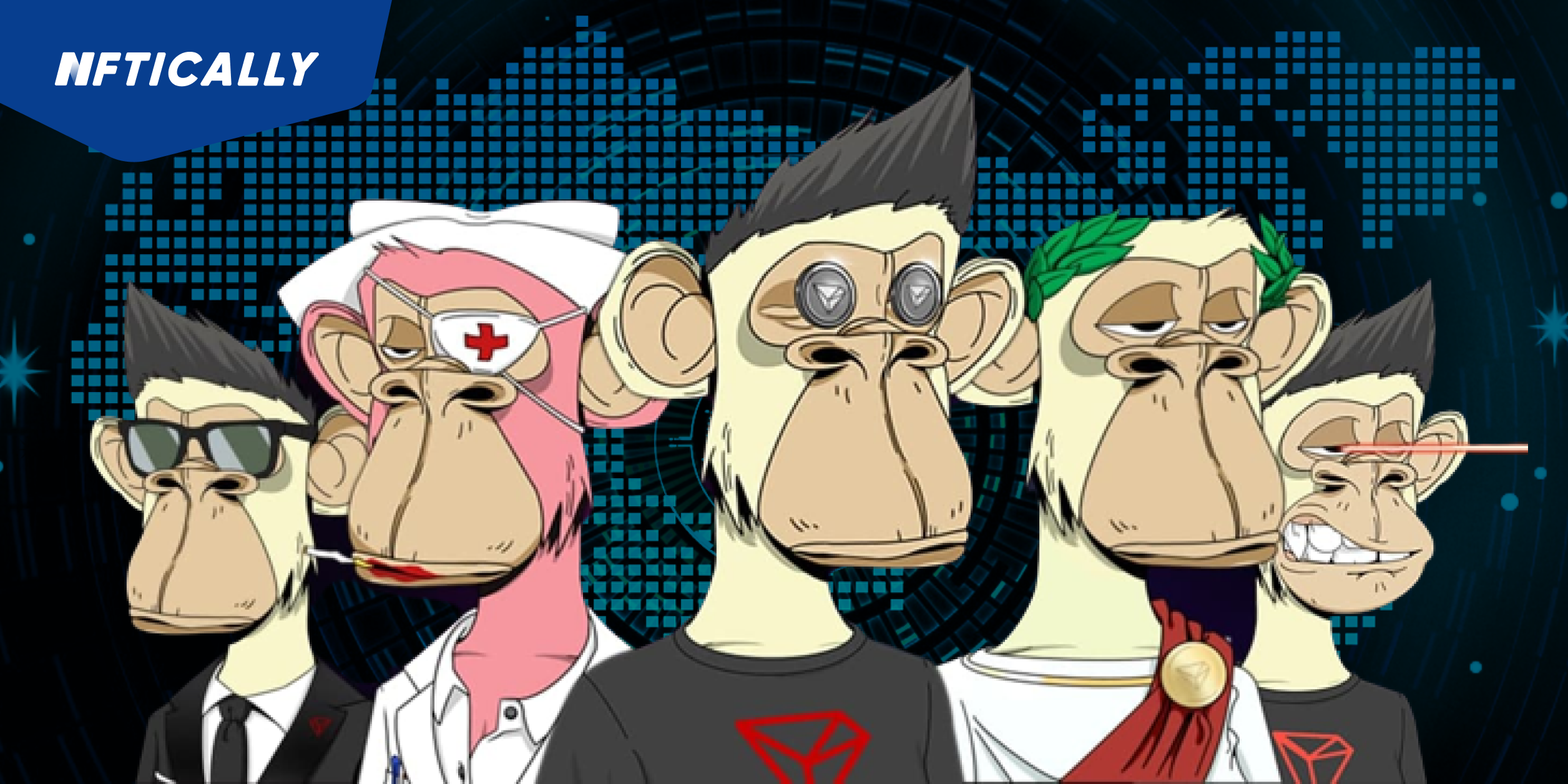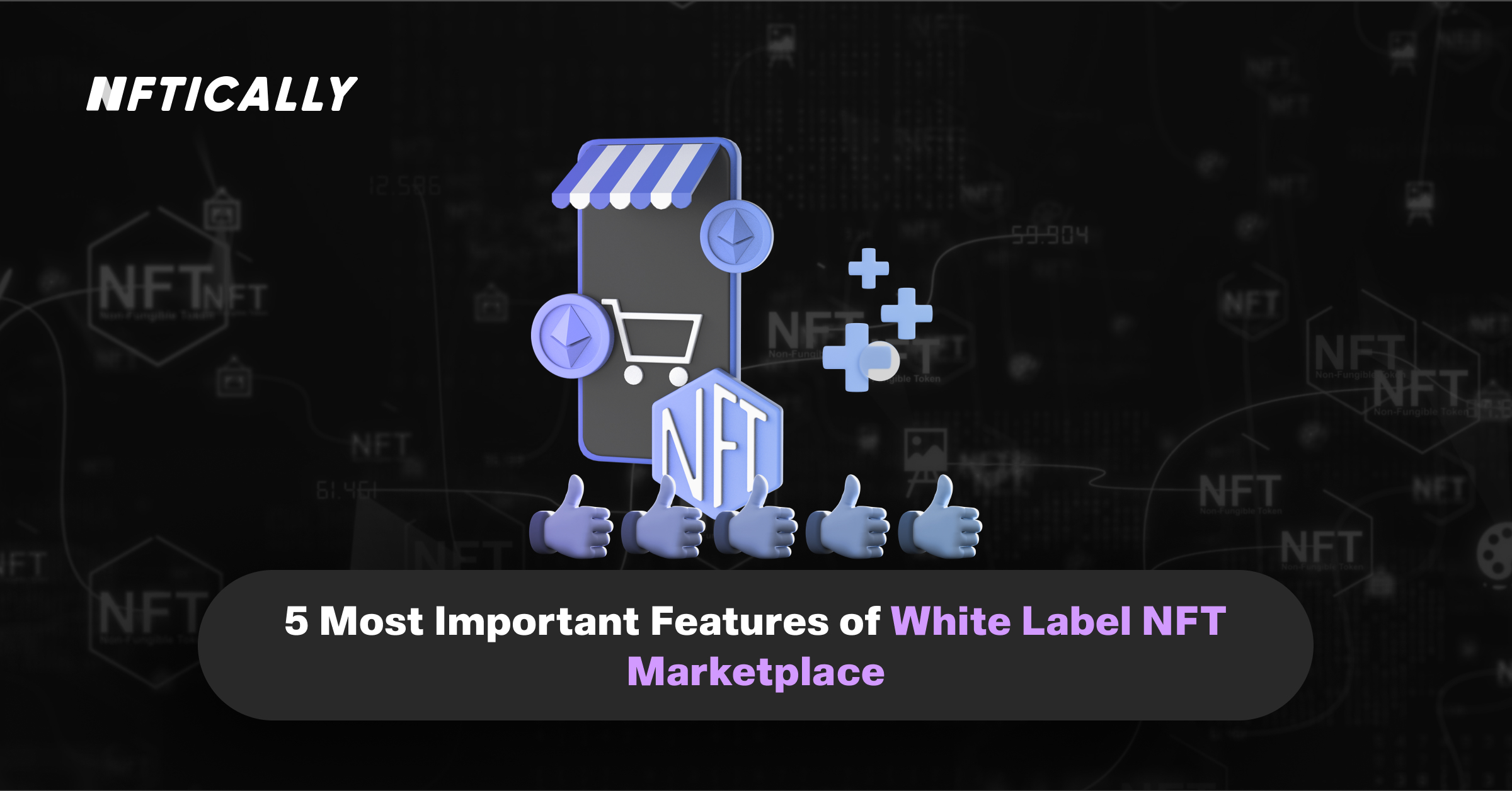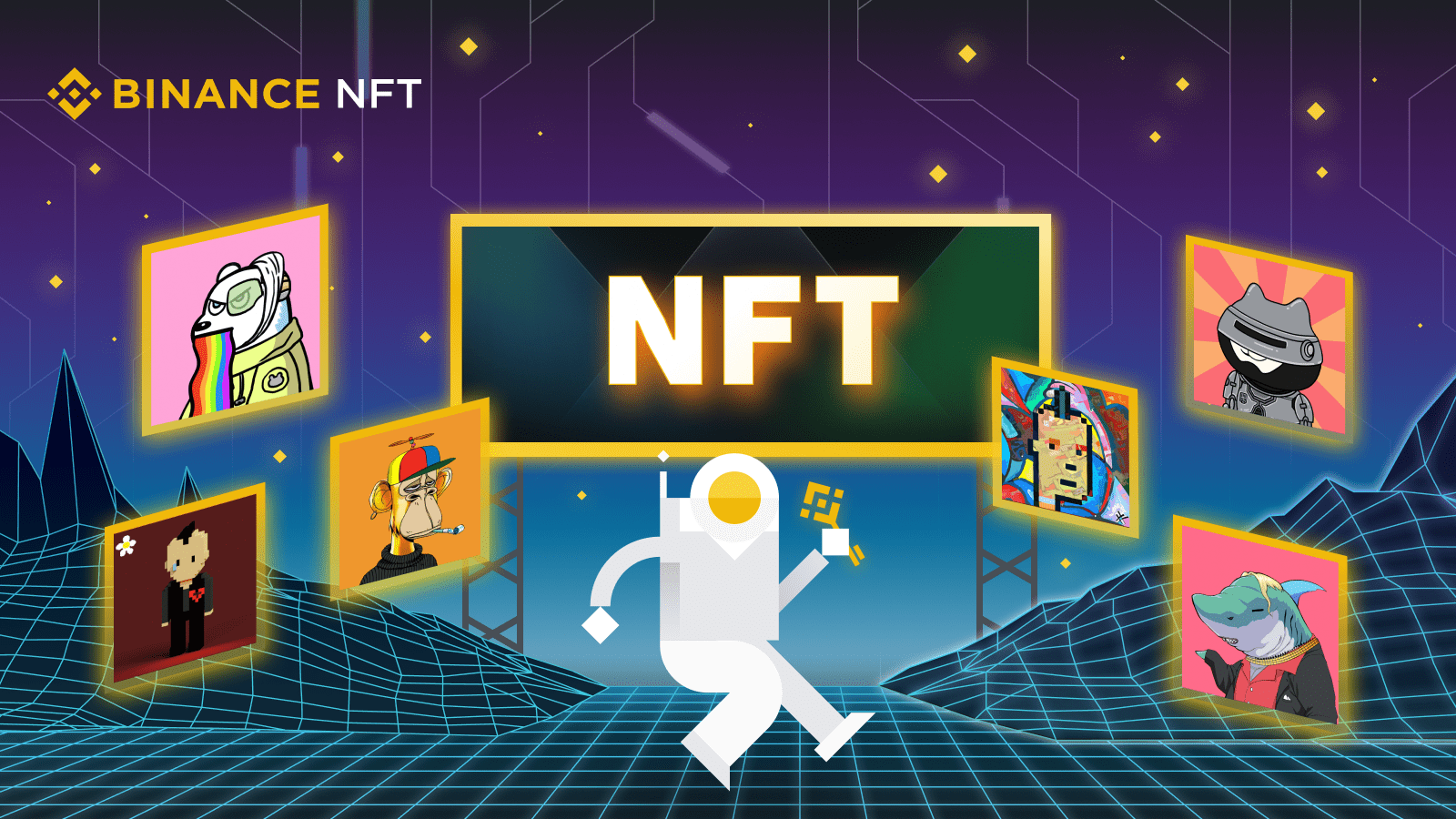The music industry has undergone significant transformations over the years, with technology playing a pivotal role in shaping its evolution. One of the latest trends making waves in the music world is the advent of Non-Fungible Tokens (NFTs). NFTs have revolutionized the way artists, musicians, and fans interact with music, offering new avenues for creativity, ownership, and financial opportunities. In this article, we will explore the impact of NFTs on the music industry, delving into their influence on market prices, token values, gaming, blockchain technology, marketplaces, sales, and overall pricing trends.
NFT Market Price and Music
NFTs have introduced a dynamic element to the music market by allowing artists to tokenize their work and sell it directly to fans. The prices of these NFTs can vary significantly, depending on factors like the artist’s popularity, the rarity of the content, and the demand from collectors. The introduction of NFT market price has led to an increased emphasis on the uniqueness and scarcity of music, which has, in turn, impacted market prices. Musicians can now set their own prices for their NFT music, giving them greater control over their revenue streams.
NFT Tokens Price in the Music Industry
NFT tokens represent ownership of digital assets, and they have gained immense value in the music industry. These tokens often appreciate over time, making them attractive investment opportunities for both artists and collectors. Musicians who tokenize their music can benefit from the increasing value of their NFT tokens price , providing them with a long-term revenue stream. Additionally, fans who purchase these tokens can potentially profit from the rising prices in the NFT market.
NFTs in Gaming and Music
The synergy between NFTs and gaming has created exciting opportunities in the music industry. Musicians can collaborate with gaming developers to create exclusive soundtracks or in-game music that can be tokenized as NFTs. This not only enhances the gaming experience but also opens up a new revenue stream for musicians. Fans of both music and gaming can collect these unique tokens, driving demand and market prices.
NFT Price Chart and Music
NFT price charts provide valuable insights into the market’s trends and dynamics. Musicians can use these charts to gauge the demand for their NFTs and adjust their pricing strategies accordingly. Additionally, collectors can analyze price charts to make informed investment decisions. The transparency and accessibility of NFT price data contribute to a more efficient and fair music market.
NFT Blockchain Technology
Blockchain technology is the backbone of NFTs, ensuring transparency, security, and authenticity. The use of blockchain in the music industry helps combat piracy and copyright infringement, protecting artists’ intellectual property. Moreover, blockchain technology enables the seamless transfer of ownership and royalties, ensuring that artists are compensated fairly when their music is resold as NFTs blockchain.
Best NFT Marketplaces for Music
Several Best NFT marketplaces have emerged as hubs for music NFTs. Platforms like OpenSea, Rarible, and Audius have become popular choices for musicians to list and sell their NFTs. These marketplaces provide exposure to a global audience of collectors and fans, increasing the potential for higher prices and sales volume.
NFTs for Sale in the Music Industry
NFTs have created a vibrant marketplace for music enthusiasts and collectors. Musicians can list a wide range of music-related NFTs, including exclusive concert recordings, unreleased tracks, and album art. The availability of these unique items for sale has fostered a sense of community among fans, who eagerly seek out and purchase these tokens.
NFT Price Trends in the Music Industry
The music industry’s NFT pricing trends are shaped by various factors, including the artist’s reputation, the historical significance of the NFT, and market dynamics. Some NFTs have sold for astronomical sums, while others have maintained more modest prices. This diversity in pricing reflects the dynamic nature of the music NFT market, offering opportunities for both established and emerging artists to benefit from this transformative technology.
In conclusion, NFTs are significantly transforming the music industry by introducing new avenues for artists, musicians, and fans to interact with music. The impact of NFTs extends to market prices, token values, gaming collaborations, blockchain technology, marketplaces, sales, and pricing trends. As the music industry continues to embrace NFTs, it is essential for musicians and collectors to stay informed about the evolving landscape to maximize their opportunities in this exciting digital realm. The fusion of creativity, technology, and ownership rights promises a harmonious future for music and NFTs.




